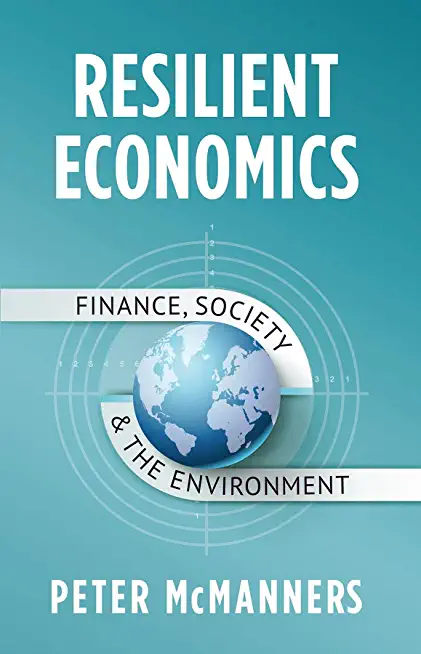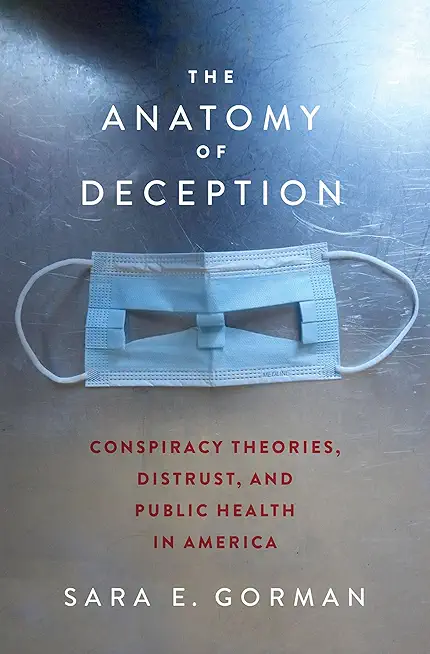
In good times, growth and profits are welcome, but in bad times we need resilience, and resilience cannot be spirited up overnight.
The economic fallout from the 2008-9 financial crisis and the COVID-19 pandemic has been considerable. Each required unprecedented measures to prevent the economy from crashing. We can learn from crisis to move beyond the superficial success of growth-based economics to adopt a more robust way to frame economics. The adoption of resilient economics should allow an economic system to evolve that is stable by default. The next crisis could be any number of issues, some very closely aligned with the economy and others related to health and environment, or something else entirely. A truly resilient economy should be able to weather any crisis and bounce back when it abates.
We need to recalibrate economics to regain its place as a solid and respected discipline at the heart of policymaking. Resilient economics can do this. It provides a framework that moves away from focusing on expansion and growth, to focusing on security, stability, and sustainability.
All societies are different; every economy should be different.







